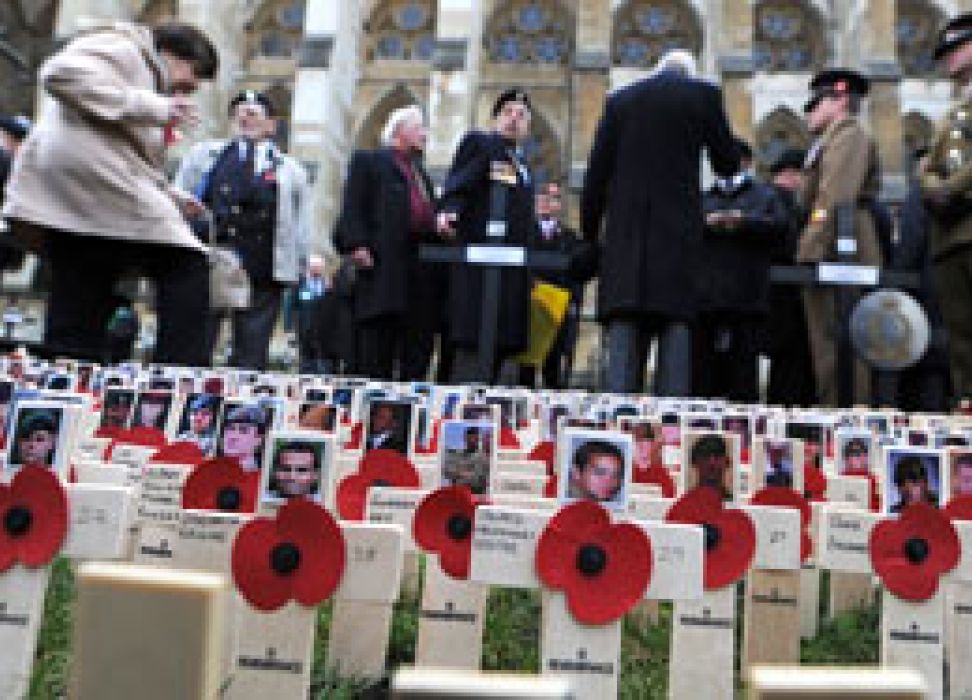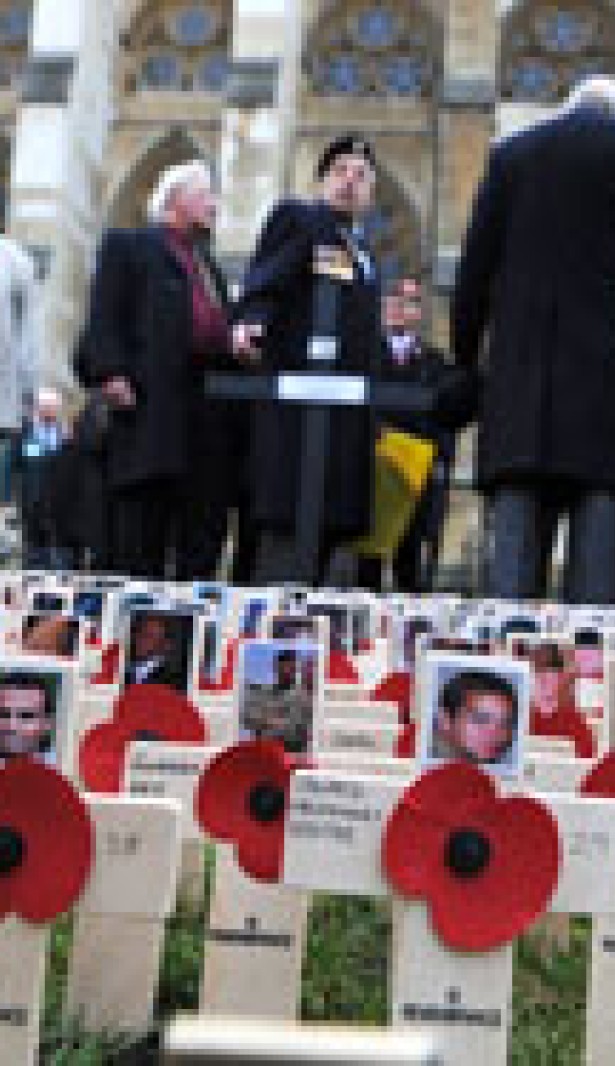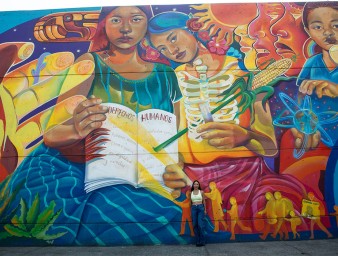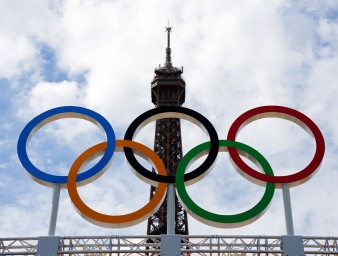Integrating cultural rights in transitional justice strategies in post-conflict societies
25 March 2014

All post-conflict and divided societies confront the need to establish a delicate balance between forgetting and remembering, the Special Rapporteur in the field of cultural rights, Farida Shaheed, wrote in her latest report to the Human Rights Council.
Shaheed noted that since the establishment of her mandate in 2009, she has received testimonies stressing the importance of historical and memorial narratives as shapers of collective identities and cultural heritage.
“People constantly strive to retrieve, validate, make known and have acknowledged by others their own history and memory on the one hand and contest dominant interpretations on the other,” she said. “I also noted that, all too often, a cultural rights-based approach to transitional justice and reconciliation strategies is not rendered the attention it deserves.”
Shaheed’s report focuses on societies that have recently seen internal or international conflict; post-colonial societies; societies that have experienced slavery, and societies divided by ethnic, national or linguistic backgrounds, as well as religion, belief or political ideology.
According to the Rapporteur, victims of tragic events or mass or grave human rights violations who call for justice also call for a form of memorialization. She highlighted the fact, however, that memorialization is seldom integrated into democracy building strategies and transitional justice. She recommended that these strategies and reconciliation policies post-conflict also integrate cultural rights to promote interaction and understanding between communities.
“It is crucial that memorialization processes do not function as empty rhetoric commemorating the dead, while losing sight of the reasons and the context for past tragedies and obscuring contemporary challenges,” she cautioned. “Memorialization should be understood as processes that provide the necessary space for those affected to articulate their diverse narratives in culturally meaningful ways,” she added.
The Rapporteur also noted that the memorialization of the past evolved within particular political, social and cultural contexts and was modulated by different political forces, the weight of lobbies, the evolving concerns of society, and the interests of key stakeholders. She however recommended to States and other stakeholders to be more inclusive andto refrain from using memorialization processes to further their own political agendas.
“States and other stakeholders should ensure that memorial policies contribute to overcoming denials that fuels hatred, resentment and violence; providing symbolic reparation and public recognition to the victims; developing reconciliation policies between groups that were opposed during conflicts; and redefining national identity through pluralism,” Shaheed said.
She also recommended preventing further violence between groups opposed in the past by promoting civic engagement, critical thinking and stimulating discussions on the representation of the past and contemporary challenges of exclusion and violence.
25 March 2014




